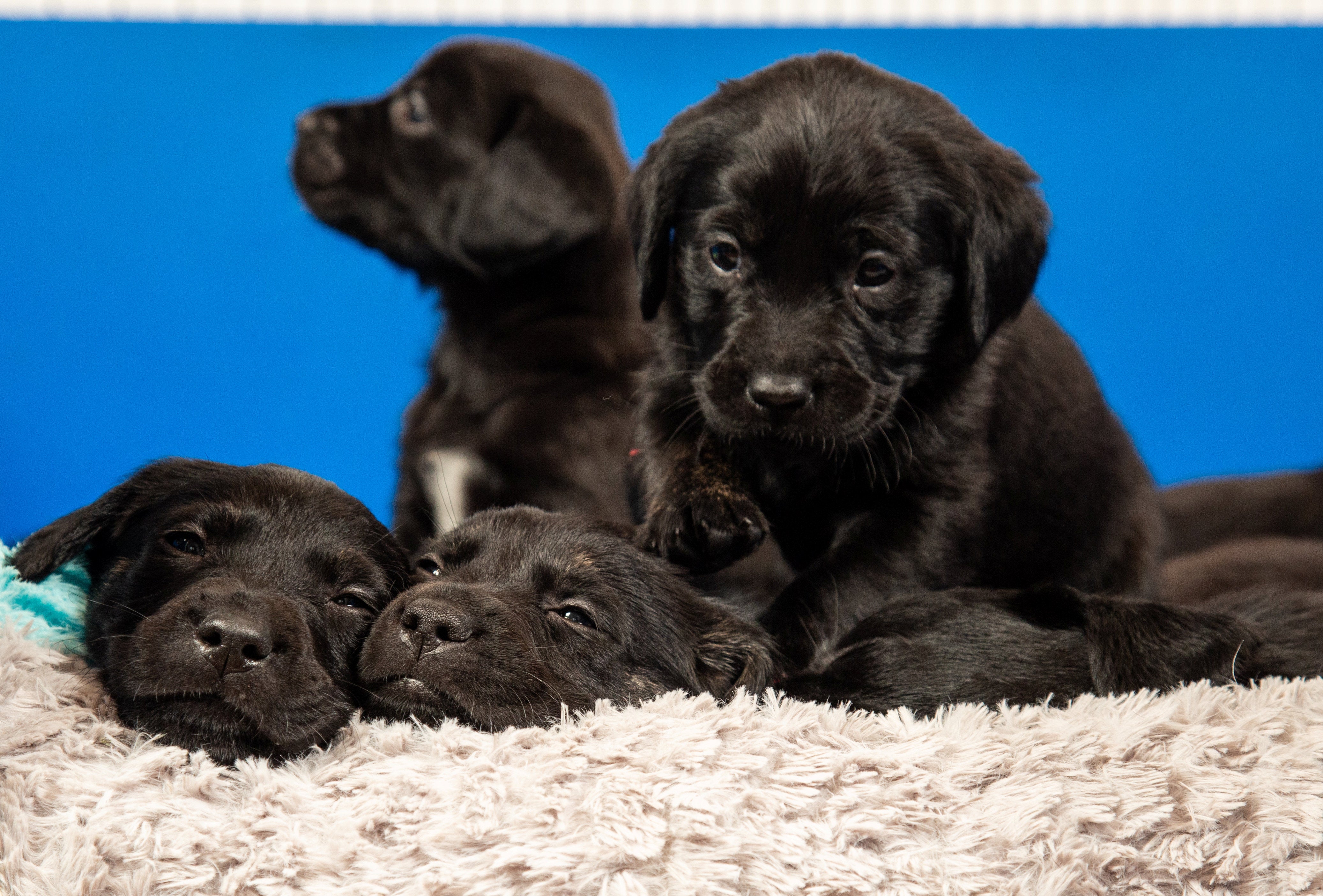Disability charity launches survey into breeding better guide dogs
A questionnaire hosted by a leading disability charity has started that wants to understand how to breed healthier seeing-eye dogs

Your support helps us to tell the story
From reproductive rights to climate change to Big Tech, The Independent is on the ground when the story is developing. Whether it's investigating the financials of Elon Musk's pro-Trump PAC or producing our latest documentary, 'The A Word', which shines a light on the American women fighting for reproductive rights, we know how important it is to parse out the facts from the messaging.
At such a critical moment in US history, we need reporters on the ground. Your donation allows us to keep sending journalists to speak to both sides of the story.
The Independent is trusted by Americans across the entire political spectrum. And unlike many other quality news outlets, we choose not to lock Americans out of our reporting and analysis with paywalls. We believe quality journalism should be available to everyone, paid for by those who can afford it.
Your support makes all the difference.A poll by a leading UK charity will attempt to understand how to responsibly breed better assistance dogs for the blind and partially sighted.
The project led by Guide Dogs, named “Born to Guide” is to help to better understand what makes a successful working guide dog partnership. It will involve DNA from 3,000 puppies from across the UK with the aim of building the most comprehensive picture to date of the link between dog genetics, and health and behaviour.
This data will be used to guide the charity’s breeding programme and seeks to boost the ‘success rate’ for puppies becoming fully-qualified working guide dogs.
Experts leading the survey will have assistance from staff and volunteers, project partners and academics from The University of Nottingham.
Dr Tom Lewis, Head of Canine Genetics at Guide Dogs, said: “When we breed puppies, we strive to ensure that they are as healthy as possible and deliver the best training to give them the best possible chance of becoming life-changing guide dogs for people with sight loss.
Working dogs, such as labradors, have a history of health problems caused by the focus on being purebred, however, this study claims to remove that legacy. These can include hip problems and being prone to arthritis. Additionally, dogs have their own personality therefore not all are suited to working life.
They will then try to use this data to identify health issues that could develop in the dogs, leading to better and longer partnerships between dogs and those with sight loss.



Join our commenting forum
Join thought-provoking conversations, follow other Independent readers and see their replies
Comments